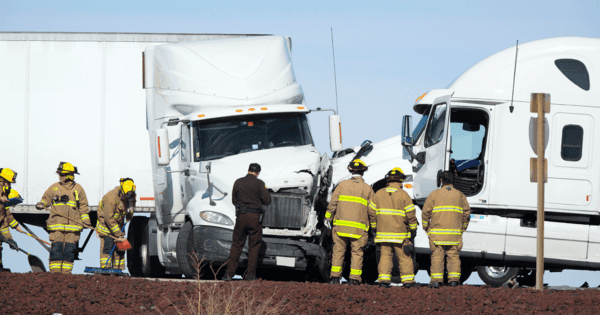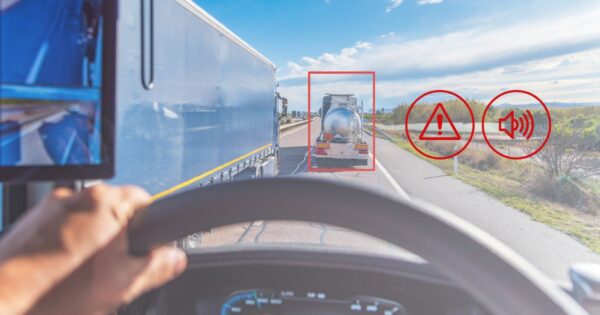Technologies may change, vehicles may evolve, but it turns out that most of the time your grandmother was right. She was certainly right about prevention being better than cure, and although she probably wasn’t talking about fleet operations, she may as well have been.
In that context, we might say something like:
Clearing up the mess after an accident, and doing so as efficiently as possible, is important. But even better is preventing that accident in the first place.
Now before anybody draws the wrong conclusion, let me be absolutely clear: there is nothing wrong with exoneration. Speak to any CameraMatics customer and I can guarantee they will tell you how good it feels to be able to prove something did (or more often didn’t) happen. They will freely tell you that they save millions in fraudulent claims every year. That’s a big deal in anyone’s world.
And of course it’s not just exoneration. It’s also knowing what happened when something has gone wrong, and if it was your fault. It gives you the ability to resolve things quickly, fairly, and efficiently. We’re all in favour of that too.
But what if you never (or rarely) got into these situations in the first place?
Stopping accidents
That’s what CameraMatics is all about. Whoever causes them, accidents are expensive, and our system is designed to stop them happening. At this point I could turn this short piece into a long look at the many ways in which our platform makes that happen. But let’s take a different tack and answer a common (or at least reasonably common) objection:
Is it really realistic to reduce accidents?
The answer to that question is yes. But you don’t have to take our word for it. Across the entire western world, the trend over decades has been a constant reduction in the number of serious accidents, and the deaths and serious injuries that come with them, on our roads.
In the UK, there has been an almost 10x decrease in the number of deaths per km driven on the roads. The US hasn’t seen quite the same success story, but the number has more than halved since 1980.
Now, whilst there has been a significant amount of education around road safety during those decades, and drink-driving legislation and enforcement has had an impact, human beings haven’t changed THAT much in the last 50 years. What has changed is technology.
From improved highway design to seatbelts, crumple zones to cameras, new tech is continuously working to avoid accidents, protect drivers, and help fleet managers sleep at night. And at CameraMatics, we see ourselves as the next step in that ongoing process: no more and no less.
A change of attitude
So, all the data suggests that the rate of accidents comes down in response to technological innovation. Unfortunately there are plenty of people out there (and regrettably many of them are involved in fleet management) who struggle to believe that this trend will continue into the future.
And guess what? If you don’t believe that the smart use of technology prevents accidents, despite all the evidence, and you don’t invest in prevention: you will end up paying for the cure.
Here’s the alternative: commit to as few accidents as possible, invest in both the safety culture and the technology that will make that possible, and reap the rewards. Once you have taken that mental leap, you WILL see accidents decline, and you will save money. Your grandmother was right.
A hidden bonus
As noted above, even with the very best of technology, and the very best of intentions, things go wrong. And when they do, knowing what actually happened is incredibly important.
But here’s the thing: many of the technologies that help prevent accidents also help when it comes to exoneration.
For one, cameras that provide proper vision around the vehicle, and the AI-powered hazard detection that both warns the driver (preventing an accident) but also triggers and event and collects the footage you will need if it turns into something worse.
Plus, consider the ability to monitor the driver for signs of fatigue or distraction. It’s obvious how these can prevent an accident, but they also give you valuable evidence after the fact that can help settle cases quickly and efficiently.
In other words, there’s really no excuse not to invest in fleet tech for the prevention of accidents. Prevention isn’t just better than cure: it helps with the cure. Get started today.









